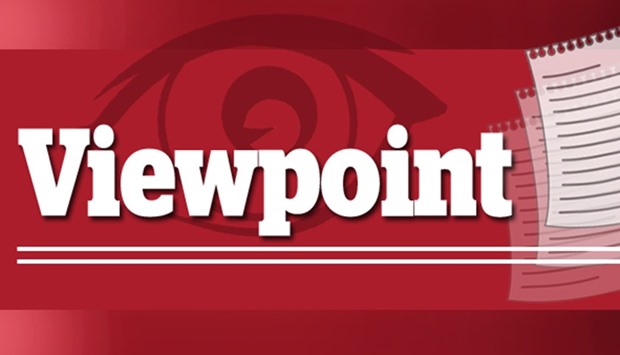The past week has been a rough one for the trans-Atlantic alliance with signs that US President Donald Trump is weakening long-standing western relationships and potentially accelerating a process which would see US global influence decline.
Trump in recent days quarrelled publicly with Nato members, waded deep into British domestic politics, and bashed his domestic opposition and media while abroad.
He then seemed on Monday to get along well with Russian leader Vladimir Putin at a summit in Helsinki between the two leaders.
“If you were Vladimir Putin you could not have scripted the last five days any better,” said Derek Chollet, senior adviser for security and defence policy at The German Marshall Fund.
“This trip he is wrapping up now is further confirmation that Trump is never going to change. He’s never going to become more moderate as he spends time in office. He is pushing the accelerator down on the post-American world,” he warned. “The only question is how far can he get in his time in office.”
Trump has portrayed the meeting as a chance to improve heavily strained relations with Russia in the interest of finding common ground to deal with humanitarian crises and serve each nation’s national interests.
But the Finnish summit was unsettling for Trump critics.
“What’s odd about President Trump is that he seems to value relationships with authoritarian leaders more than with democratic leaders,” said Chollet. “It’s not hard to have good relationship with Putin, just agree with everything he says.”
Every US president in recent decades has tried to improve relations with Russia at the start of their terms.
The two nations are the biggest nuclear powers, both capable of exerting their influence in important regions of the world, not least the Middle East and Europe.
What makes Trump different is not only his focus on getting along with rivals, including North Korea, while fighting with friends, but rather the stakes for the US democracy.
Trump does not seem to be taking seriously the allegations of Russian election meddling and prefers to attack his own law enforcement agencies than take a hard line against Putin.
In part, this is because he won the 2016 election and conceded that there was significant interference by a foreign power in the US democratic process, in a way that might have helped him win, could be seen as tarnishing his legitimacy.
“The president is putting himself over our country,” said Chuck Schumer, the leader of the opposition Democrats in the Senate, charging that over the past week Trump has “strengthened our adversaries while weakening our defences and those of our allies.”
He questioned whether Moscow has compromising material on Trump.
It is not only the Democratic Party, though, that seems fed up with a soft approach to Moscow.
Conservatives are also finding themselves torn between supporting a president who they like when it comes to social issues and taxes and his stance on protecting US democracy.
Joe Walsh, a hardline right-winger and former congressman who has a talk-radio show and supported Trump during the campaign, turned against the president after the summit.
“The bad Trump now clearly outweighs any policy benefits. He is a danger to this country. I can’t straddle anymore,” Walsh wrote on Twitter, calling the president a “traitor.”
It was a surprise as the president has largely managed to sustain his base, even as notable high-ranking members of his Republican Party were critical of him from the get-go.
In a scathing criticism, Republican Senator John McCain declared: “No prior president has ever abased himself more abjectly before a tyrant.”
Dalibor Rohac, a research fellow at the conservative American Enterprise Institute (AEI), said the meeting could have been worse, had Trump chosen to recognise Russia’s 2014 annexation of Crimea, changing Europe’s borders by force, or made a deal in Syria for a quick US exit.
“This is certainly a win for Russia. But not as large as it could have been had Trump made concessions,” Rohac said.

